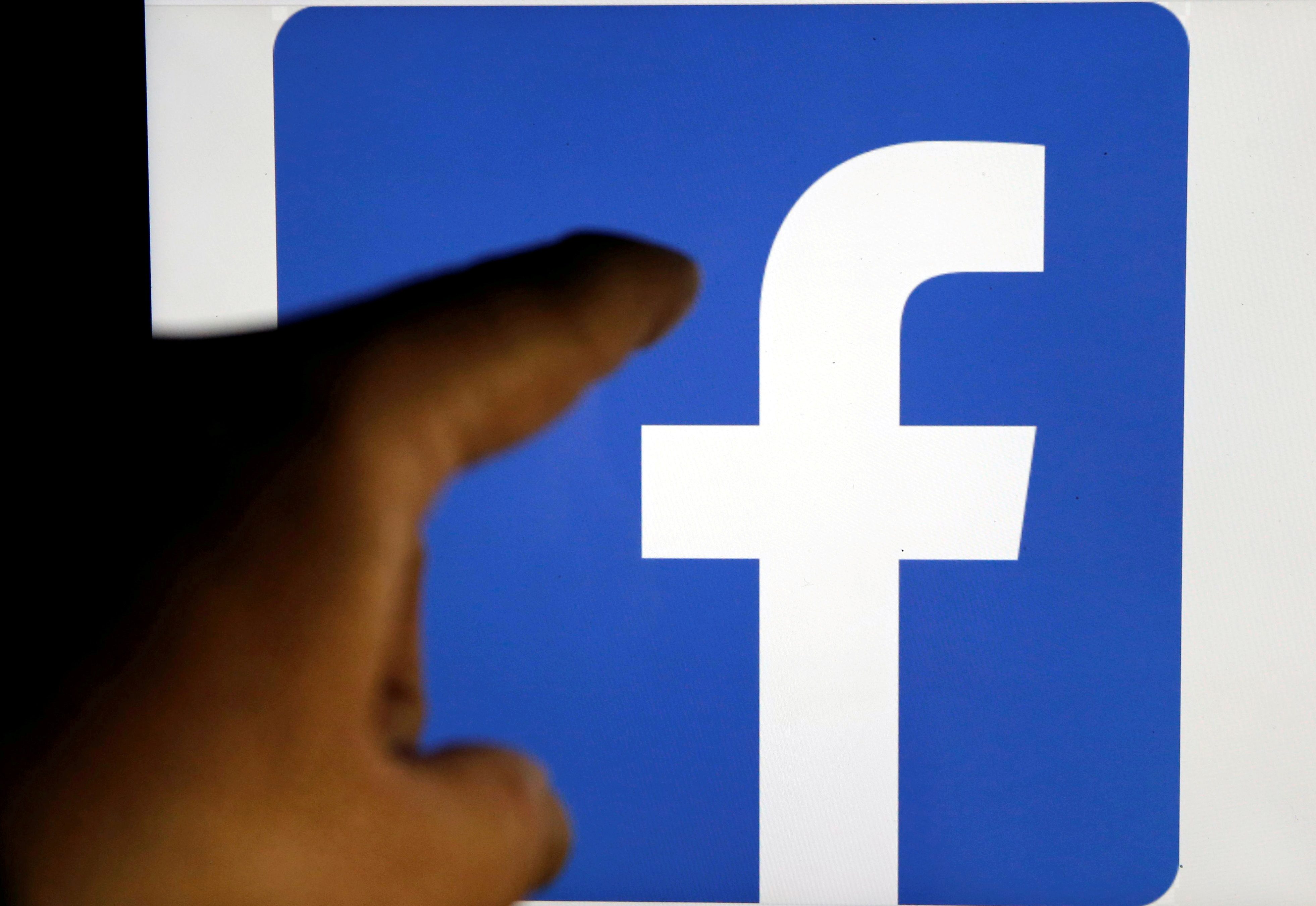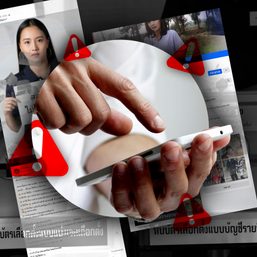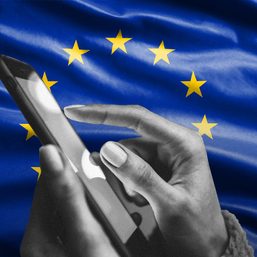SUMMARY
This is AI generated summarization, which may have errors. For context, always refer to the full article.

Facebook on Tuesday, August 3, announced it had disabled the accounts, apps, Pages, and platform access of researchers associated with the New York University’s Ad Observatory Project, citing noncompliance with the social media platform’s terms of service.
The post by Mike Clark, Product Management Director on Facebook’s privacy team, said the NYU researchers “gathered data by creating a browser extension that was programmed to evade our detection systems and scrape data such as usernames, ads, links to user profiles and ‘Why am I seeing this ad?’ information, some of which is not publicly-viewable on Facebook.”
The NYU Ad Observatory was a research project that asked people to download a browser extension, which collected data on the political ads those users saw on Facebook, alongside helping determine how the ads were targeted to individuals.
Facebook’s terms of service meanwhile says users may not “access or collect data from our products using automated means (without our prior permission) or attempt to access data you do not have permission to access.”
Facebook sent the the Ad Observatory Project researchers a cease and desist letter in October 2020, telling the researchers to take down the extension they shared for the data-gathering operations and to delete the data they had.
The NYU research project’s aim was to demystify how political ads were targeted to people. While the ads are public and searchable, with demographic data about the gender and location of people seeing an advertisement, there was little detail regarding how the ads were targeted.
The NYU Ad Observatory, in its FAQ, said,” Facebook has taken steps by voluntarily disclosing political ad content and data through its online Ad Library. But the library is complicated to use, untold numbers of political ads are missing, and a significant element is lacking: how advertisers choose which specific demographics and groups of people should see their ad – and who shouldn’t.”
Laura Edelson, lead researcher of the group, said at the time of the cease-and-desist notice that the public had “a right to know how political ads are targeted, so we will not be complying with this request.”
On August 4, Edelson confirmed on Twitter that Facebook suspended her account and the accounts of several people associated with Cybersecurity for Democracy, the team at New York University studying disinformation and “the amplification of partisan misinformation.”
Edelson said Facebook’s suspension has “effectively ended all this work.”
“Facebook has also effectively cut off access to more than two dozen other researchers and journalists who get access to Facebook data through our project, including our work measuring vaccine misinformation with the Virality Project and many other partners who rely on our data.”
One of the project’s outcomes, for example, was an April report on The Markup about how companies were targeting users with different political leanings with their own sets of advertisements.
Edelson added in her Twitter response, ” The work our team does to make data about disinformation on Facebook transparent is vital to a healthy internet and a healthy democracy.” – Rappler.com
Add a comment
How does this make you feel?





There are no comments yet. Add your comment to start the conversation.